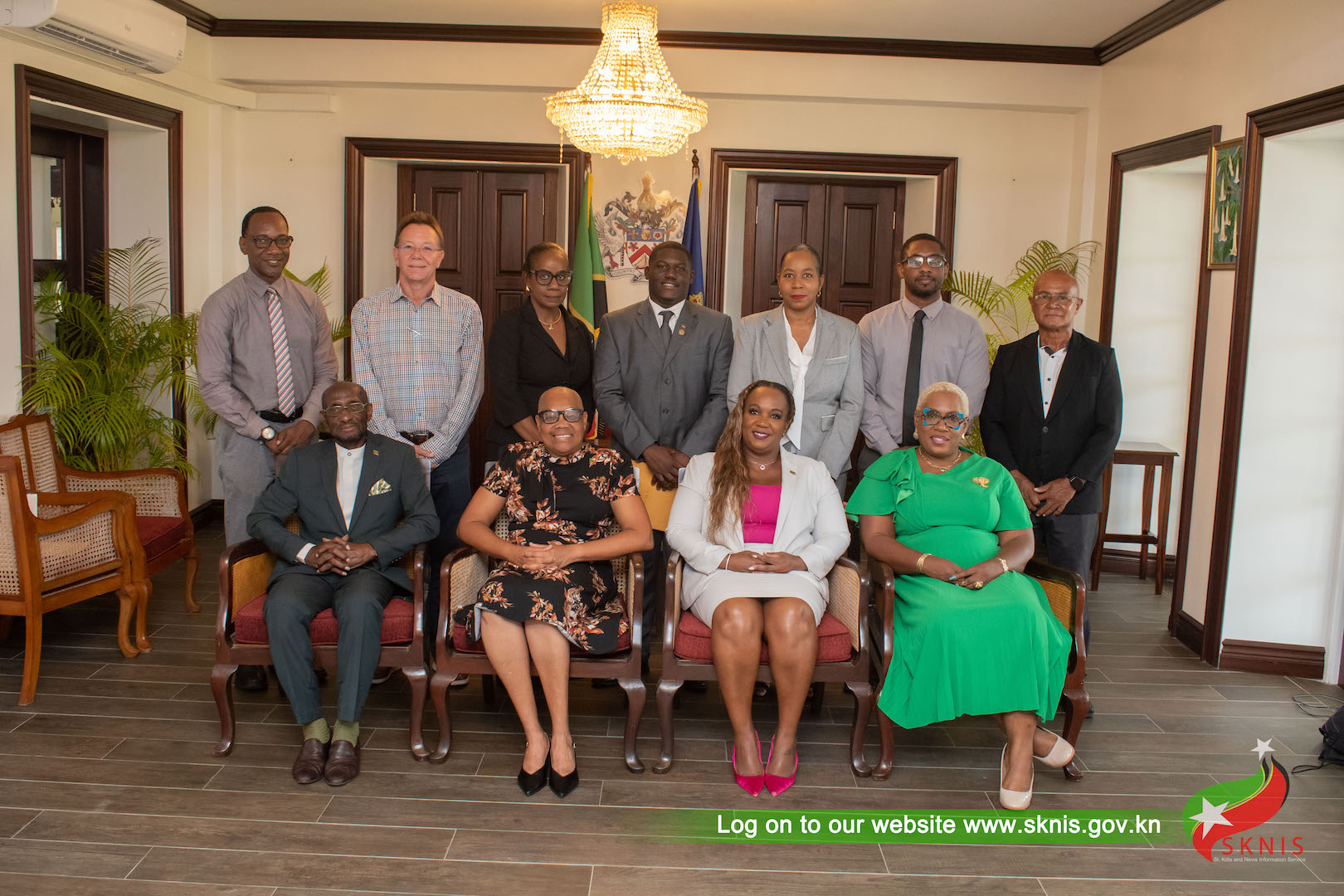National Productivity Council Launched to Drive Sustainable Economic Growth
The Government of Saint Kitts and Nevis has embarked on a significant initiative to bolster national productivity through the establishment of the National Productivity Council. This strategic move aligns with the government’s broader vision of achieving a sustainable island state, characterized by reduced income inequality, effective anti-poverty measures, and a liveable wage for all workers, fostering a harmonious and socially responsible society. The council’s formation was a key recommendation put forth by the National Minimum Wage Advisory Committee in its December 2024 report, emphasizing the crucial link between productivity improvements and any future adjustments to the minimum wage. This underscores the government’s commitment to a data-driven approach, ensuring that wage increases are sustainable and contribute to overall economic growth.
The National Productivity Council, established under the National Productivity Act No. 3 of 2024, is mandated to cultivate a culture of productivity, efficiency, and innovation across both public and private sectors. This involves facilitating collaboration and knowledge sharing of best practices, ultimately aiming to enhance productivity across the entire workforce, including the civil service. The council’s role is pivotal in achieving the ambitious goal of a 7% annual growth rate and doubling the national GDP, as highlighted by the Eastern Caribbean Central Bank (ECCB) Governor during the 2025 National Budget Consultation. This reinforces the understanding that productivity gains are essential for driving economic expansion and achieving national development objectives.
The establishment of the National Productivity Council reflects the government’s commitment to a holistic approach to national development. The council’s mandate extends beyond simply increasing output; it encompasses fostering a culture of continuous improvement and innovation, ensuring that Saint Kitts and Nevis remains competitive in a dynamic global economy. The council’s work is expected to contribute significantly to achieving the Sustainable Island State Agenda, a comprehensive vision for a prosperous and equitable future. This agenda prioritizes addressing income inequality and poverty, ensuring that economic growth translates into tangible improvements in the lives of all citizens.
The creation of the National Productivity Council follows a series of progressive increases in the minimum wage over the past two decades, culminating in the current phased increase from $10.75 to $12.50 per hour, based on the 2023 committee’s recommendation. To ensure responsible implementation and assess the impact of this increase, a dedicated monitoring committee, chaired by Patricia Welch of the ECCB, has been established. This committee plays a vital role in gathering data and providing guidance for future minimum wage adjustments, ensuring they are aligned with productivity gains and overall economic stability.
The National Productivity Council is composed of eight distinguished members appointed by Her Excellency the Governor-General, Dame Marcella Liburd. The council is chaired by Sam Condor and includes Jeffrey Berry, Irvine Daniel, Farida Hobson, Kevin Barrett, Kevion Hodge-Huggins, Mark Wilkin, and Deshai Dore. This diverse representation reflects the government’s commitment to inclusivity and ensures that the council benefits from a wide range of perspectives and expertise. The council members bring a wealth of experience from various sectors, strengthening the council’s capacity to address complex productivity challenges and drive meaningful improvements.
The National Minimum Wage Advisory Committee, which played a crucial role in recommending the establishment of the Productivity Council, represents a broad spectrum of stakeholders, including the Eastern Caribbean Central Bank, the St. Kitts-Nevis Trades and Labour Union, the Chamber of Industry and Commerce, the Ministry of Labour and Employment, and nominees from the offices of the Prime Minister, Deputy Governor of Nevis, and the Premier of Nevis. This collaborative approach ensures that diverse perspectives are considered in policy formulation, fostering a sense of shared ownership and commitment to achieving national development goals. The government’s emphasis on collaboration and stakeholder engagement underscores its commitment to building a strong and inclusive economy that benefits all citizens.
Share this content:












Post Comment